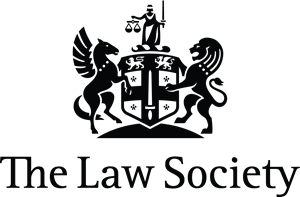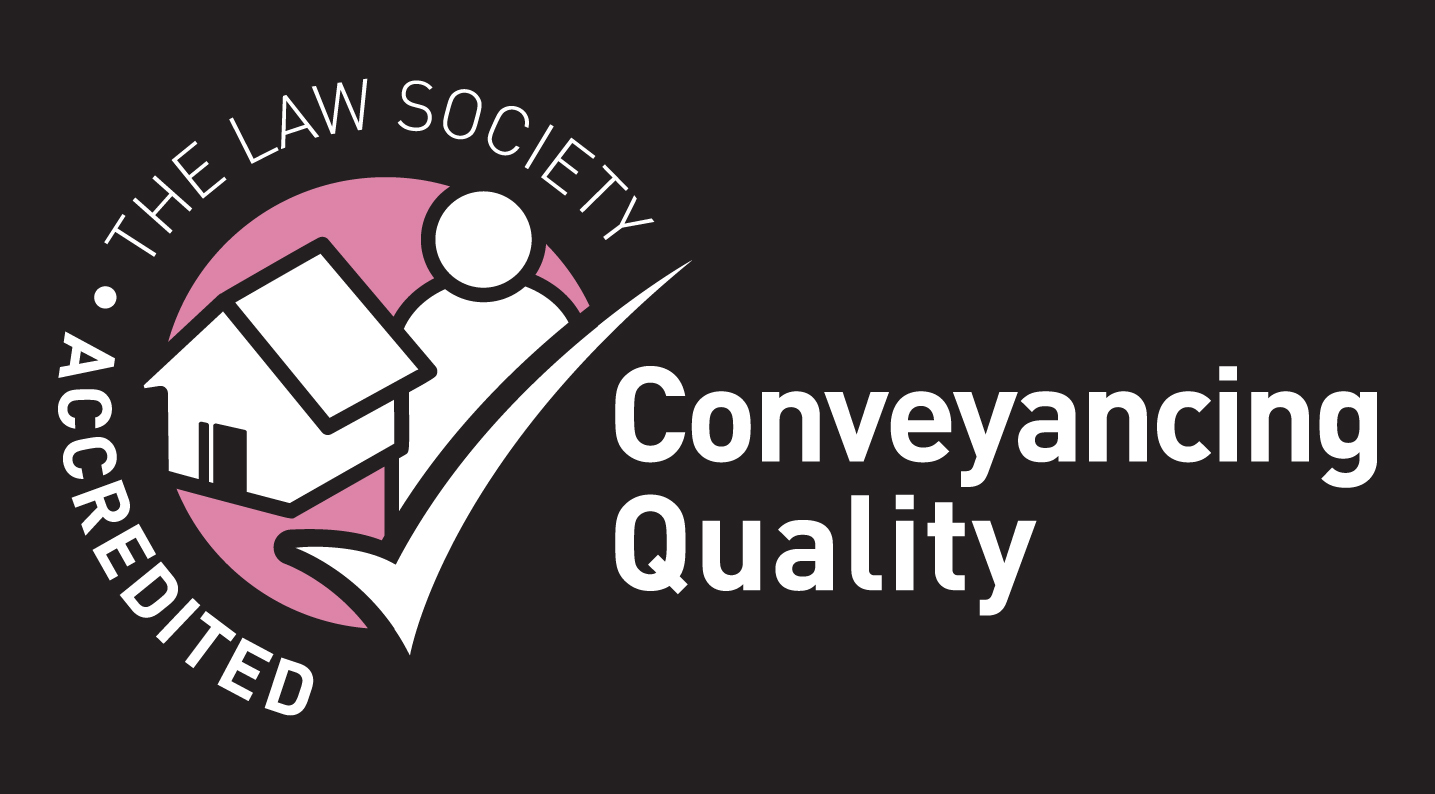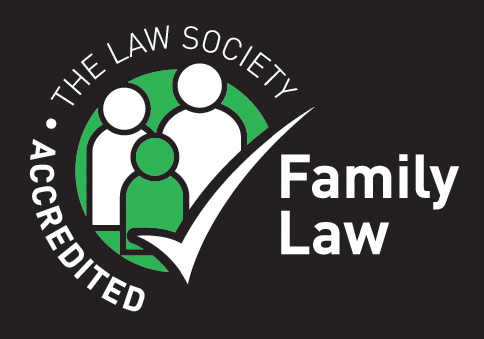Call us on 0207 100 2525 for immediate help & assistance with your situation.
We’re here to help you in person, via the phone or online.

The immigration laws of the UK allow you to bring your surrogate child to the UK. However, you must navigate a complicated process to do so. At the same time, seeking UK citizen card for a surrogate child is not easy. If your child doesn’t qualify for citizenship, you must instead get a visa before the child can be brought to the UK.
Several factors determine whether your surrogate child is eligible for a UK citizen card. These include the place of the child’s birth, the country of birth, the nationality and status of the legal parents of the child, and so on.
Another important thing to consider is the distinction between surrogacy and commercial surrogacy. Commercial surrogacy is where the surrogate mother or parents are paid an agreed-upon amount.
However, UK law allows only the payment of pregnancy-related reasonable expenses to the surrogate mother. If a larger amount is paid, the law considers it commercial surrogacy and does not permit it.
It is highly recommended that you consult reputable British citizenship solicitors London when you want to apply for the immigration of a surrogate child born outside the UK. The London-based Adam Bernard’s top immigration solicitors offer comprehensive guidance and help in this regard.
The UK law does not enforce surrogacy agreements. This means that the surrogate and intended parents of a surrogate child must work out an agreement on their own. In most cases, you will have to consider the laws of the country where the surrogate mother resides. You may also have recourse to that country’s legal system in case of any disputes.
In some surrogate births, one of the intended parents of a surrogate child may also be a donor. For instance, the intended father may donate sperm for the surrogate pregnancy. However, if you have donated the sperm for a surrogate child, the UK law does not recognize you as the legal parent.
You will not be named on the child’s birth certificate, have rights to make decisions regarding how the child is brought up, or have any financial responsibility towards the surrogate child. This, of course, changes once you become the legal parent of the child.
When it comes to surrogate children, UK law distinguishes between the legal parents and the intended parent.
In all cases, the mother who gives birth to a surrogate child is considered the legal mother. It is the nationality of the legal mother that will be considered for the nationality status of the child. If the mother is married at the time of the child’s birth, her spouse will be deemed the legal father.
The intended parents of a surrogate child are not considered legal parents under UK law. The only exception is when a surrogate mother is not married and the intended father is also the biological father of the child. If the surrogate mother is not married and the intended father is not genetically linked to the child, none of the parents will be considered as a second legal parent.
A surrogate child automatically qualifies for a UK citizen card if one of the legal parents is a UK national otherwise than by descent. This means that the child becomes a British national by birth. In such a case, you can apply for a UK passport for the child.
If neither of the legal parents is a UK citizen otherwise than by descent, you have other options to seek a UK immigration status for the surrogate child. These include registering your child as a British citizen, or filing a Parental Order. Our top immigration solicitors can guide you about each of these options in detail.

If your surrogate child doesn’t automatically receive British citizenship on birth, and you are not eligible to file for registration of citizenship, you have a third option. You can file for a Parental Order.
Filing a Parental Order is possible only when at least one of the legal or intended parents is British, whether by descent or otherwise. A Parental Order transfers the legal responsibility of a child from the legal parents to the intended parents.
However, the surrogate mother can’t give consent for such transfer of responsibility until six weeks after the birth. This means that you must wait for at least six weeks before you can file for a Parental Order and bring the child to the UK. At the same time, the Parental Order must be filed within a period of six months for the intended parents to become the legal parents of the child.
Once you get a Parental Order for a surrogate child, the child is considered a British national. You can then apply to get a passport for the child.
You may have to contend with both UK laws and the laws of the surrogate mother’s country when filing a Parental Order. Our British citizenship solicitors London can work with you to ensure that you are able to file the Parental Order in time.
This is an option that may apply if a surrogate child is not a British national by birth. For instance, if one or both legal parents are a British national by descent or cannot transfer their citizenship to the next generation, you can have the child registered for citizenship.
You will need to consult the Home Office in this case before you can submit a British citizenship application. The Home Office will determine whether you are eligible as the legal parents of the child to file for citizenship registration.
If you are found eligible, you must make sure that the child’s intended mother is legally recognised as the mother of the child in the country where the child was born. This may mean sorting the legalities of the case in the country of birth.
Once your child is registered as a British citizen, you can file an application for a UK passport. As soon as you receive this passport, you can bring the child to the UK.
One of our top immigration solicitors can guide you through every phase of the citizenship registration process for surrogate children. Experienced legal guidance helps you avoid errors when filing the application which can, in turn, speed up the process.
If none of the options noted above apply to your case, you can seek an entry clearance visa for your child. This is possible if at least one of the intended parents is genetically connected to the surrogate child.
You must apply for the entry clearance visa at a diplomatic post or the British Embassy in the child’s country of birth. You will need the following documents to do so:
Once you receive the entry clearance visa, you can bring your surrogate child to the UK. You can later file for a Parental Order and have the child registered for British citizenship, paving the way to full nationality rights.
Applying for an entry clearance visa for a surrogate child can be a very complicated process. You will require the help of top immigration solicitors to improve your odds of success.
Immigration cases involving a surrogate child can be quite complicated. You must meet specific requirements and find a legal option that best suits your circumstances. You also need assistance both in the UK and the country of birth of the child to make timely progress on your case.
Here at the London-based Adam Bernard’s law office, our top immigration solicitors have the reputation of being among best lawyers to consult for immigration, visa, UK citizen card, and related issues. This is because we offer tailored help and guidance on immigration cases, including cases involving surrogacy.
If you plan to bring your surrogate child to the UK, our British citizenship solicitors London can help you. We guide you in navigating the legal complexities to see which option best suits you. We can then work with you to ensure you meet the requirements for this option and are able to file an application without any delays.
Call us now at 0207 100 2525 for a free, no-obligation consultation with one of our top immigration solicitors.
Copyright © 2023 Adam Bernard Solicitors. This Firm is Authorised & Regulated by the Solicitors Regulation Authority SRA NO: 598171, 656730.





